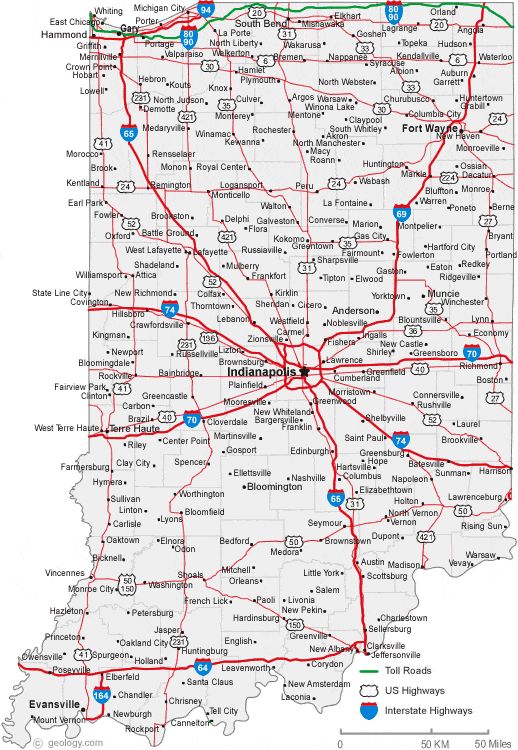Carson Molder is a sophomore honors student at the University of Arkansas. Originally from Bryant, Arkansas, Carson is majoring in computer engineering with minors in math and physics. Carson is a member of the Razorback Marching Band and is an Honors College Fellow. After graduating, Carson plans to attend graduate school and earn a Ph.D. in computer science.
 In Indiana, Democratic senator Joe Donnelly is facing a significant challenge from former state representative and Republican Mike Braun. Donnelly, a one-term incumbent who was elected in 2012, is running in a state that voted for Donald Trump by over 19 points in 2016. As such, many Republicans believe that their party can gain the seat in November.
In Indiana, Democratic senator Joe Donnelly is facing a significant challenge from former state representative and Republican Mike Braun. Donnelly, a one-term incumbent who was elected in 2012, is running in a state that voted for Donald Trump by over 19 points in 2016. As such, many Republicans believe that their party can gain the seat in November.
Donnelly defeated Republican Richard Mourdock in 2012 after Mourdock made a controversial statement about pregnancy. In the Republican primary that year, Mourdock rode the Tea Party movement to defeat incumbent senator Richard Lugar, who had been a senator since 1977. Considering Lugar’s long-time incumbency and the nationwide Republican success that year, Donnelly would not have likely been elected if Lugar won his primary. An article by Politico discusses how many pundits believe Donnelly was an “accidental senator” and how he must shed this preconception to win this year’s election.
Indiana is often associated with the “Rust Belt” and rural Midwest, and has an electorate heavily concerned about trade, jobs, and industry. Donnelly has been campaigning heavily on his support for tax cuts, military funding, and border security, as shown in a new campaign ad heralding “Veep”, but the Democratic Party’s national policies may still push away some right-leaning voters. Braun has been campaigning on his experience in businesses and position as a relative outsider. Both candidates have been criticized for their decisions involving foreign investments, earning the nicknames “Mexico Joe” and “China Mike”.
Campaign financing between Donnelly and Braun is nearly even. Opensecrets.org shows that Donnelly has raised about $14.5 million and Braun has raised about $13.3 million. Both candidates have spent a similar amount—$10 to $11 million each—but Donnelly has $4 million more in cash on hand. Unlike most congressional races with an incumbent, Donnelly does not have significantly more campaign funding than Braun. This is likely because of Republicans’ confidence that they can take Donnelly’s seat.
A recent poll by Gravis (October 12-16) has Donnelly with a 4-point advantage over Braun, within a margin of error of 5.1 points. This follows previous polls which similarly had Donnelly with a narrow 2- to 3-point lead. Overall, the polls indicate a very tight race that is difficult to confidently predict. For Braun to win, he must succeed in turning out the Indiana voters who voted for Trump in 2016, which is traditionally difficult to do in a midterm year. For Donnelly to win, he must isolate himself as far as possible from the rest of the Democratic Party and discourage Republican turnout. Whichever candidate can better succeed in these respective challenges will be the ultimate winner on November 6.
